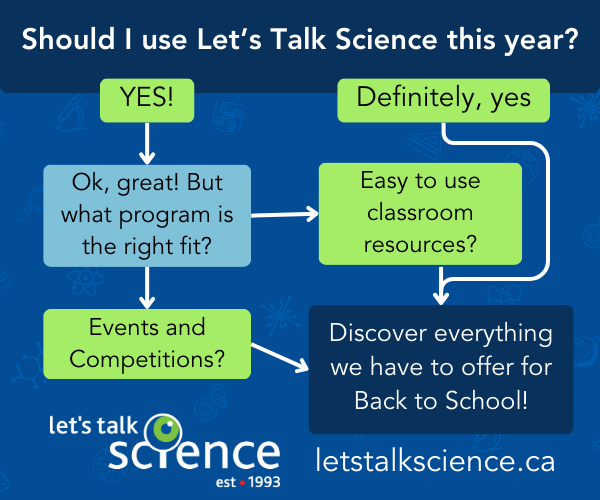The key to people trusting and co-operating with artificially intelligent (AI) agents lies in their ability to display humanlike emotions, according to a new study by researchers at the University of Waterloo.
The World Economic Forum expects that more machines will become part of the workforce as technological breakthroughs rapidly shift. Based on the trio of Waterloo Faculty of Mathematics findings, developing the humanness of AI machines may improve people's acceptance of them in the workplace.
"The capability of showing emotions is important for AI agents, especially if we want users to trust the agents and co-operate with them," said Moojan Ghafurian, lead author of the study and a Postdoctoral Fellow in Waterloo's David R. Cheriton School of Computer Science.
"Improving humanness of AI agents could enhance society's perception of assistive technologies which going forward will improve people's lives."
In undertaking the study, Ghafurian and her co-authors Associate Professor Jesse Hoey and research assistant Neil Budnarain all of Waterloo's Cheriton School of Computer Science used a classic game called "The Prisoner's Dilemma."
The original version of the game sees two prisoners isolated from one another and then questioned by police for a crime they committed together. If one of them snitches and the other doesn't, the non-betrayer gets three years and the snitch walks. This works both ways. If both snitch, they both get two years. If neither one snitches, they each only get one year on a lesser charge.
Waterloo's study substituted one of the human prisoners' with an AI virtual human and allowed them to interpret the other's emotions. Instead of prison sentences, they used gold, so the point was to get the highest score possible, as opposed to the lowest. The virtual human was developed by the Interactive Assistance Lab at the University of Colorado, Boulder, in the context of a program to help people with cognitive disabilities, particularly relating to the perception of emotional signals.
The researchers used three different virtual agents that had the exact same strategy, but reflected different emotions. One of them didn't show any emotion, one of them showed appropriate emotions, and the other generated random emotions.
The 117 participants were then randomly paired with an agent and asked to rate it based on how humanlike they perceived it. They then observed the participants to see how they interacted with the agents, for example, how many times they co-operated.
On average, people co-operated 20 out of 25 times with the agents that showed humanlike emotion. For the one showing random emotions, they co-operated 16 times out of 25 and for the one showing no emotion co-operation occurred 17 out of 25 times.
"Based on our findings it's better to show no emotion rather than random emotions, as the latter would make that agent look less rational and immature," said Ghafurian. "But showing proper emotions can significantly improve the perception of humanness and how much people enjoy interacting with the technology."
The researchers want to eventually design assistive technology for people with dementia that they will feel comfortable using. This research is an important step in that direction.
The study titled, Role of Emotions in Perception of Humanness of Virtual Agents, authored by Ghafurian, Hoey and Budnarain, all from Waterloo's Cheriton School of Computer Science, was recently presented at the 18th International Conference on Autonomous Agents and Multiagent Systems (AAMAS).













